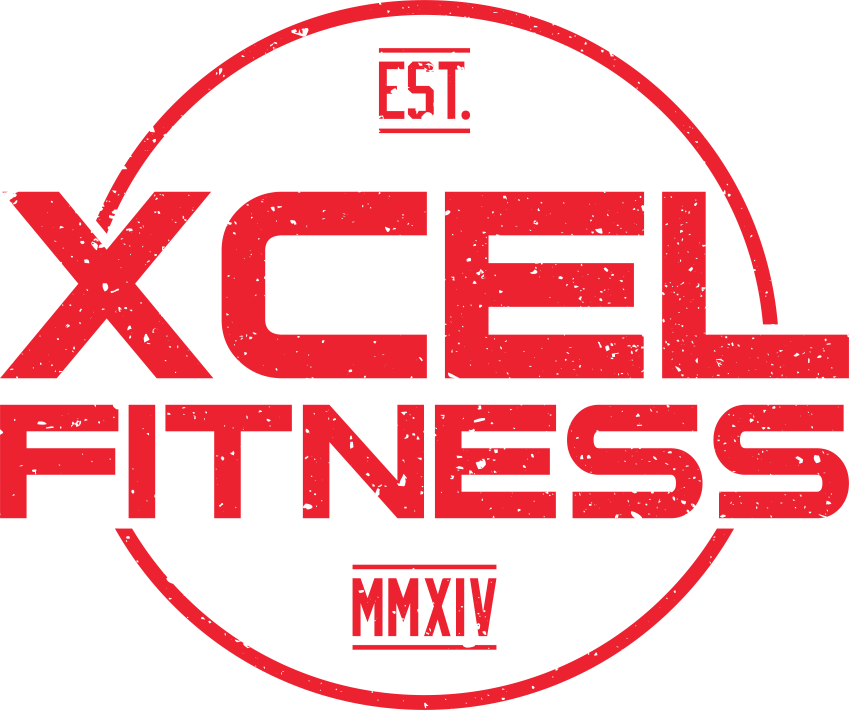The first food items we think about consuming to meet our protein requirements are meats, fish, or protein powders. Chicken, beef, turkey, tuna, salmon, eggs, or whey protein are the most common items we consume to meet our daily protein intake.
We tend to forget that there are a variety of vegetables that can also provide you with the protein you need each day. I’m not saying you need to throw away the meats and stack your refrigerator with vegetables only. But, adding high protein vegetables to your daily nutritional regimen is an easy way to add more grams of protein to your diet, while also adding a variety of other nutritional benefits that vegetables provide.
Incorporating these protein-packed vegetables into your diet is an easy way to ramp up your protein intake while providing the vitamins and minerals that are essential for the functioning of your body’s systems.
#1 – Soybeans
Soybeans are the king of high protein vegetables. Soybeans provide approximately 28 grams of protein per cup, which is equivalent to about 5 oz. of chicken.
Pairing a cup of soybeans with your chicken can provide you with over 50 grams of protein in one meal. The fiber and unsaturated fats within the soybeans also provide digestive and cardiovascular benefits.
#2 – Edamame
Stop thinking of edamame as just the appetizer you order to crave your hunger until your sushi arrives. Edamame is a great high protein veggie to incorporate into your diet.
With 22 grams of protein per cup, edamame is also low in fat and calories and packs a large amount of essential vitamins and minerals. Packing edamame into Ziploc bags to keep in the fridge as a quick, high protein snack is a great way to stay on par with your nutrition.
#3 – Lentils
One of the most nutrient-packed legumes, lentils pack approximately 18 grams of protein per cup when cooked with only 230 calories. Lentils are a great protein source to add to your diet during a cut or those low calorie days because of their low calorie count.
Lentils are also a great source of fiber. Being micronutrient-rich, they provide high amounts of folate, phosphorus, and iron.
Lentils are perfect for pairing along with your meat and carbohydrate source for some extra protein. Or, if you are looking to take a break from the meat for one meal, you can mold them into a lentil-patty for a high protein, meat free burger.
#4 – Peas
They may be small, but peas provide a decent amount of protein. A cup of peas contains about 9 grams of protein and is a great source of Vitamin A, C, fiber, and iron.
Containing a decent amount of fiber, peas are a great protein packed vegetable to add to your diet on a high-carb day.
#5 – Pumpkin Seeds
Packing approximately 5 grams of protein per ounce, pumpkin seeds can be roasted, seasoned and put into plastic bags as tasty snack when you get that mid-day craving. Throw away the chips and start munching on these small, high protein bites.
#6 – Asparagus
My personal favorite of all nutrient rich vegetables, one cup of asparagus contains approximately 5 grams of protein per serving. Asparagus also provides a great amount of potassium and is one of the top plant sources for Vitamin K.
The reason this protein-packed vegetable is one of my favorites is because it’s also a natural diuretic. Depending on your goals, asparagus is going to help you get slimmer while helping you reach your daily protein intake.
#7 – Broccoli
Ah, the broccoli. Every bodybuilder and physique fanatic’s go-to vegetable source. Why? Because broccoli is a fat-free, micronutrient-packed vegetable that can be paired with any meal with ease.
Microwaved, sautéed, or boiled, one cup of broccoli will give you an extra 2.6 grams of protein per cup. While broccoli doesn’t pack the high amount of protein as the vegetables discussed before, a cup of broccoli will give you over 100 percent of your daily Vitamin C and K needs.
Adding a serving or two of any of these vegetables can help you close in on those extra 15-30 grams of protein you may need to reach your daily protein goals. it’s important to not forget your vegetables because getting your daily micronutrients is just as important as hitting your macro goals.
